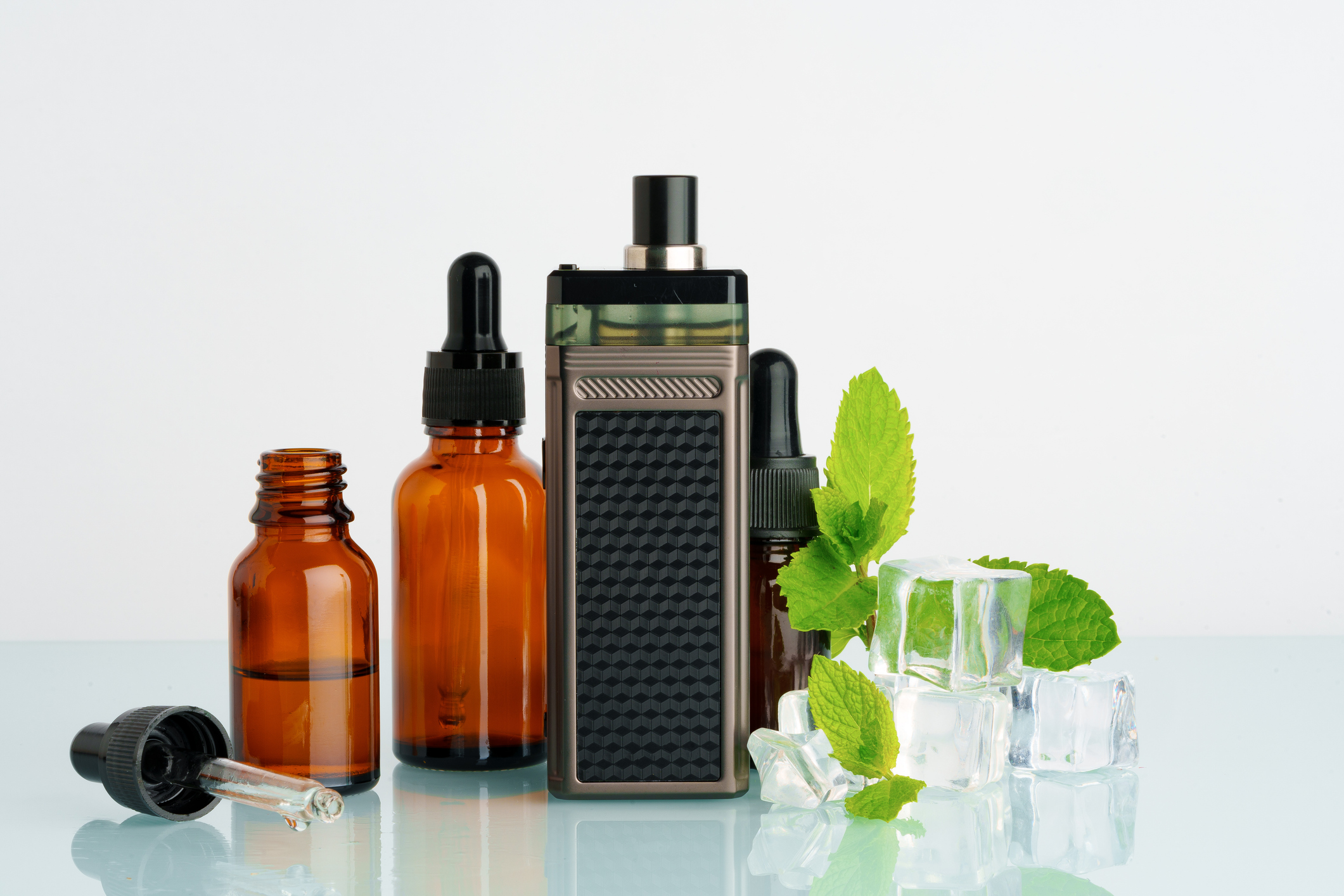Vape flavour restrictions could drive ex-smokers back to cigarettes, warns government’s impact assessment
April 19, 2024

In the impact assessment conducted by the Department of Health and Social Care as part of the Tobacco and Vapes Bill, concerns have been raised regarding the potential repercussions of implementing vape flavor restrictions, particularly on adult ex-smokers.
The assessment highlights that while restricting vape flavors might reduce the number of people taking up vaping, it could also lead to a significant reduction in the number of people who currently vape.
Among adults, a staggering 87 per cent of those who vape could be affected by such restrictions, the assessment noted. The findings follow from the research by Bristol University, which concluded that flavour bans may drive adult smokers back to traditional tobacco cigarettes, potentially reversing the progress made in reducing smoking rates.
The assessment further noted that the findings of Bristol University study are in line with recent evidence on the flavour bans that have been imposed in the US, which suggested that “for every 0.7mL vape pod that is not sold due to the flavour bans, there is a trade-off of an increase in the sale of 15 additional cigarettes.”
The decision aid tool published by Bristol University estimated that 4 per cent of smokers quit because of vapes, and 33 per cent of smokers stated that they would not quit and/or smoke more if flavours were not available.
The research suggests that if vape flavors were restricted, approximately 13 per cent of ex-smokers who currently vape might be at risk of relapsing to tobacco use.
“This is just an illustration of the potential impact this policy could have and is likely to be the upper limit on the proportion of smokers that would not quit, and ex-smokers that would relapse, if vape flavours were restricted,” the assessment notes.
The impact assessment also highlights findings from other countries, such as Finland, where flavour bans faced implementation challenges, potentially leading to continued use of flavoured vapes via cross-border and online purchases.
While the assessment acknowledges the potential health impacts of fewer people using vapes to quit smoking, it refrained from quantifying these impacts due to uncertainty regarding the size of the effect.
It also notes that the Bristol University tool is based on a scenario where only three vape flavours remain on the market (unflavoured, tobacco, and menthol). The impact on smokers quitting and ex-smokers relapsing would be lower if fewer flavours were restricted, it said
The Tobacco and Vapes Bill, which passed its first parliamentary hurdle on Tuesday, gives the government powers to restrict vape flavours but it does not specify how this restriction will be implemented or which flavours will be permitted. Restrictions on flavours are expected to be implemented via secondary legislation following further consultation.
The legislation aims to prevent children born since 2009 from ever being able to legally buy tobacco, and seeks to clamp down on young people vaping by restricting flavours and packaging to make them less appealing to children.
